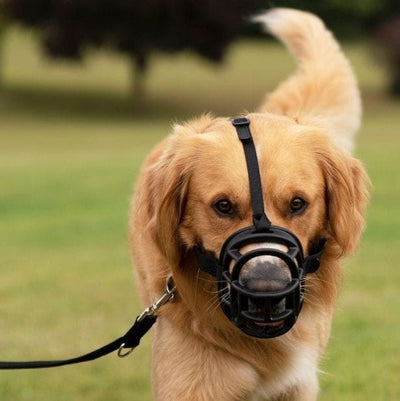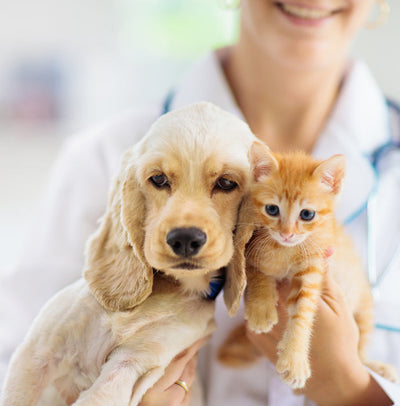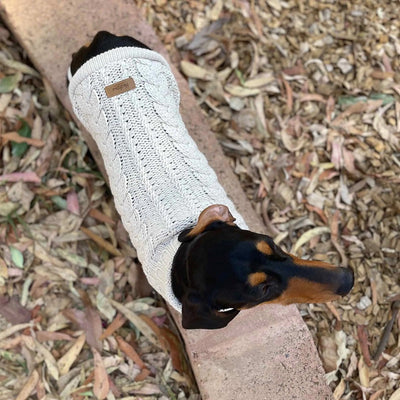
As cat owners, ensuring the health and wellbeing of our furry friends is of utmost importance. In Australia, where indoor cats are the norm, vaccinations play a vital role in keeping them protected against various diseases. Vaccinations not only safeguard our beloved pets but also prevent the spread of contagious illnesses within the feline community.
In this article, we explore the significance of vaccinations for indoor cats in Australia and their role in maintaining their overall health. We will delve into the specific vaccines recommended for indoor cats, their timing, and frequency. Additionally, we will discuss the potential risks associated with not vaccinating your indoor cat and the importance of regular check-ups with your veterinarian.
By staying informed about the importance of vaccinations for indoor cats, you can ensure a long and healthy life for your feline companion. So let's delve into the world of vaccinations and discover how they can help safeguard the wellbeing of your indoor cat in Australia.
The importance of vaccinations for indoor cats
Many cat owners assume that indoor cats are not at risk of contracting diseases since they are not exposed to the outside world. However, this is a misconception. Indoor cats can still be exposed to certain diseases, either through contact with other animals, exposure to contaminated objects brought into the house, or even through accidental escapes.
Vaccinations are crucial for indoor cats as they provide protection against a range of infectious diseases that can have serious health consequences. By vaccinating your indoor cat, you not only protect them from potential harm but also contribute to the overall health and safety of the feline community.
Common diseases indoor cats can still be exposed to
Although indoor cats are less likely to encounter certain diseases compared to their outdoor counterparts, they can still be at risk for several illnesses. Some common diseases that indoor cats can be exposed to include:
1. Feline Viral Rhinotracheitis: This highly contagious respiratory disease can be transmitted through direct contact with infected cats or through sharing contaminated objects. Symptoms include sneezing, coughing, nasal discharge, and fever.
2. Feline Calicivirus: Another respiratory disease, calicivirus causes flu-like symptoms in cats. It can be transmitted through direct contact with infected cats or contaminated objects. Symptoms include sneezing, oral ulcers, and fever.
3. Feline Panleukopenia: Also known as feline distemper, panleukopenia is a highly contagious viral disease that affects the gastrointestinal system. It can be transmitted through contact with infected cats or contaminated objects. Symptoms include vomiting, diarrhea, lethargy, and decreased appetite.
4. Rabies: Although rare in Australia, rabies is a deadly viral disease that can affect both animals and humans (more on this later). Indoor cats can still be at risk if they come into contact with infected wildlife or if they accidentally escape outdoors.
These are just a few examples of the diseases that indoor cats can still be exposed to. Vaccinations provide a crucial layer of protection against these and other infectious diseases, ensuring the health and wellbeing of your indoor cat.
Vaccination schedule for indoor cats
The vaccination schedule for indoor cats typically starts when they are kittens, usually around 8 to 9 weeks of age. It is important to follow the recommended schedule to ensure that your cat develops immunity against various diseases.
The core F3 vaccines recommended for indoor cats in Australia include:
1. Feline Herpesvirus-1 (FHV-1) and Feline Calicivirus (FCV): These vaccines protect against the common respiratory diseases mentioned earlier, including viral rhinotracheitis and calicivirus.
2. Feline Panleukopenia (FPV): This vaccine provides protection against feline distemper, a highly contagious and potentially fatal disease.
In addition to these core vaccines, your veterinarian may recommend additional vaccinations based on your cat's lifestyle and risk factors. These may include:
1. Feline Leukemia Virus (FeLV): This vaccine is recommended for cats that have access to the outdoors or live in multi-cat households where there is a risk of exposure to infected cats.
2. Rabies: Although rabies is rare in Australia, it is still recommended for indoor cats as a precautionary measure, especially if they have access to the outdoors or if they live in regions where rabies is more prevalent. In Australia, evidence of Australian bat lyssavirus (ABLV) infection has been found in species of flying foxes/fruit bats and insect-eating microbats. It is assumed that any bat in Australia could potentially carry ABLV.
It is important to note that vaccination schedules may vary slightly depending on your cat's individual needs and the recommendations of your veterinarian. Regular booster shots are necessary to maintain immunity, usually administered annually or as advised by your veterinarian.
Types of vaccines for indoor cats
Vaccines for indoor cats are typically administered via injections. The vaccines contain weakened or inactivated forms of the disease-causing organisms, stimulating the immune system to produce an immune response without causing the actual disease.
There are two main types of vaccines used for indoor cats:
1. Modified Live Vaccines: These vaccines contain live but weakened forms of the disease-causing organisms. They provide a strong and long-lasting immune response with a single dose. However, they may not be suitable for cats with weakened immune systems or specific health conditions.
2. Inactivated Vaccines: Also known as killed vaccines, these vaccines contain inactivated forms of the disease-causing organisms. They require multiple doses to establish and maintain immunity. Inactivated vaccines are generally considered safe for all cats, including those with compromised immune systems.
Your veterinarian will determine the most appropriate type of vaccine for your indoor cat based on their individual health status and lifestyle.
Additional measures to keep indoor cats healthy
While vaccinations are crucial for the health of indoor cats, there are additional measures you can take to ensure their overall wellbeing:
measures you can take to ensure their overall wellbeing:
1. Provide a Balanced Diet: A well-balanced and nutritious diet is essential for the overall health of your indoor cat. Consult with your veterinarian to determine the best diet for your cat's specific needs.
2. Regular Exercise and Mental Stimulation: Indoor cats may have limited opportunities for exercise compared to outdoor cats. Provide interactive toys, scratching posts, and playtime to keep them physically and mentally stimulated.
3. Maintain a Safe Indoor Environment: Ensure that your home is free from hazards such as toxic plants, chemicals, and small objects that could pose a choking hazard to your cat.
hazards such as toxic plants, chemicals, and small objects that could pose a choking hazard to your cat.
4. Regular Veterinary Check-ups: Regular check-ups with your veterinarian are essential for monitoring your cat's health, administering vaccinations, and addressing any potential health concerns.
By combining vaccinations with these additional measures, you can provide a holistic approach to keeping your indoor cat healthy and happy.
FAQs about vaccinations for indoor cats
Q: My cat never goes outside. Do they really need vaccinations?
A: Yes, even indoor cats can be exposed to diseases through contact with other animals, contaminated objects, insects or accidental escapes. Vaccinations help protect your cat and prevent the spread of diseases within the feline community.
Q: How often do indoor cats need to be vaccinated?
A: Core vaccines for indoor cats are typically administered annually or as advised by your veterinarian. Booster shots are necessary to maintain immunity against diseases.
Q: Are vaccinations safe for my indoor cat?
A: Vaccinations are generally safe for cats. However, like any medical intervention, there can be potential risks. Your veterinarian will consider your cat's health status and individual needs to determine the most appropriate vaccines.
Q: Can my indoor cat get rabies?
A: While rare in Australia and Australia is currently free from rabies, it can still pose a risk to indoor cats if they come into contact with infected wildlife or accidentally escape outdoors. Vaccinating your cat against rabies is recommended as a precautionary measure.
Ensuring the health and well-being of your indoor cat
Vaccinations play a crucial role in keeping indoor cats healthy and protected from various diseases. Despite being kept indoors, cats can still be exposed to contagious illnesses, making vaccinations an essential preventive measure.
By following the recommended vaccination schedule, providing a balanced diet, regular exercise, maintaining a safe indoor environment, and scheduling regular check-ups with your veterinarian, you can ensure the overall health and wellbeing of your indoor cat in Australia.
Remember, a healthy cat is a happy cat, and by taking proactive steps to protect their health, you are giving them the best chance at a long and fulfilling life by your side.
© weknowpets 2023





